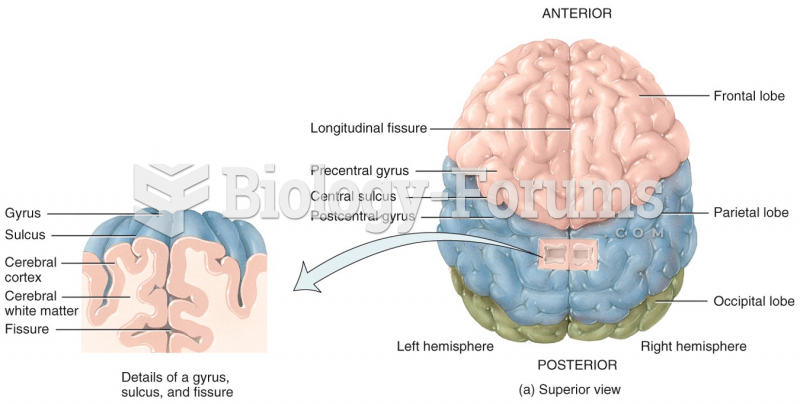Answer to Question 1
- A few details suggest that their marriage focuses on their workthe farm and their housenot on their relationship. Although Henry is a considerate man, he is dull and lacks imagination. He has little conversation, but seems to care about Eliza, as evidenced by his plan for them to celebrate his cattle deal together by going to town and the movies. Their traditional marriage is evident when Elisa chooses Henrys clothes for him and when she asks if they could have wine for dinner.
Henry and Elisa seem ill-suited for one another in their passions and interests. She has channeled her energy into nurturing her flower garden as she has a special gift for things (par. 13) originating from her mother. They are childless, an important detail never overtly mentioned, but nevertheless essential to the story. Given to speaking in ardent, poetic phrases (Every pointed star gets driven into your body), Elisas passions are further thwarted by having to live a life devoid of romance. After she takes such great care in dressing for dinner, she sits on the porch to wait for Henry. When he finally looks at her, he tries to pay her a compliment, but the best he can do is, Whywhy Elisa. You look so nice (par. 99). When pressed for details, he elaborates with a farming analogy that hardly satisfies his wife: You look strong enough to break a calf over your knee, happy enough to eat it like a watermelon (par. 103).
Answer to Question 2
- Trapped under a grey-flannel fog that encloses the valley like a lid on a pot (par. 1), Elisa works behind the symbolic barrier of the wire fence that protects her flower garden and her from the wider world. Custom denies her and her restless energy the adequate outlets that men enjoy. She cannot buy and sell cattle as her husband does. As a ranchers wife, she cannot drift about the countryside working as the traveling repairman does, though his unfettered lifestyle powerfully appeals to her. That sounds like a nice kind of a way to live, she declares on meeting him. I wish women could do such things, she tells him later (par. 82) and, before his departure, she adds, I can sharpen scissors, too. . . . I could show you what a woman might do (par. 88). The storys ending suggests that she will never be given such an opportunity.







